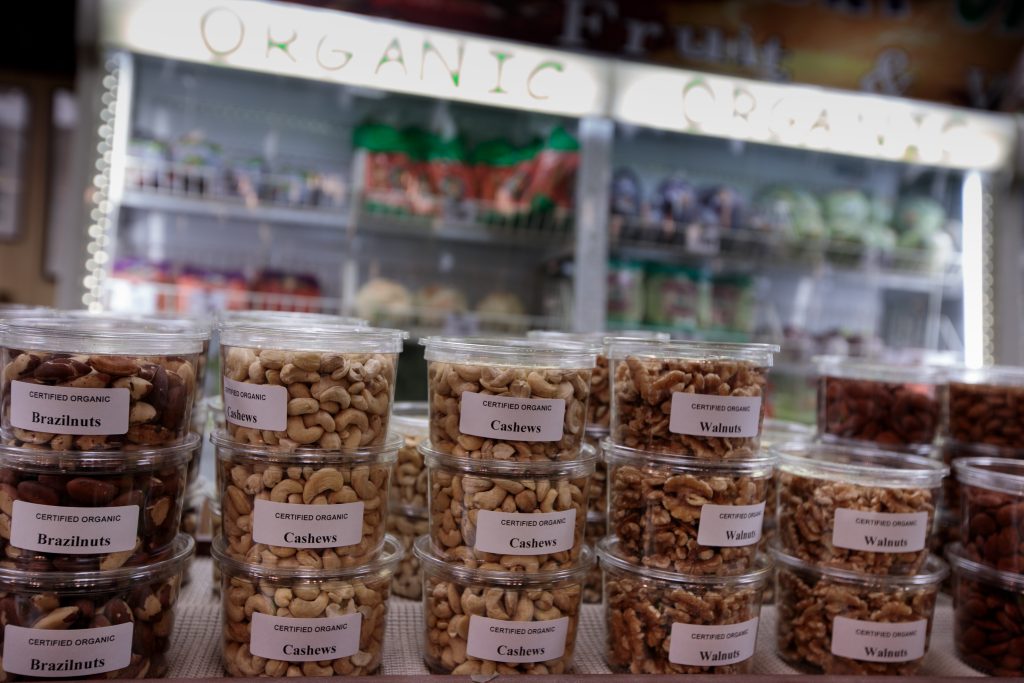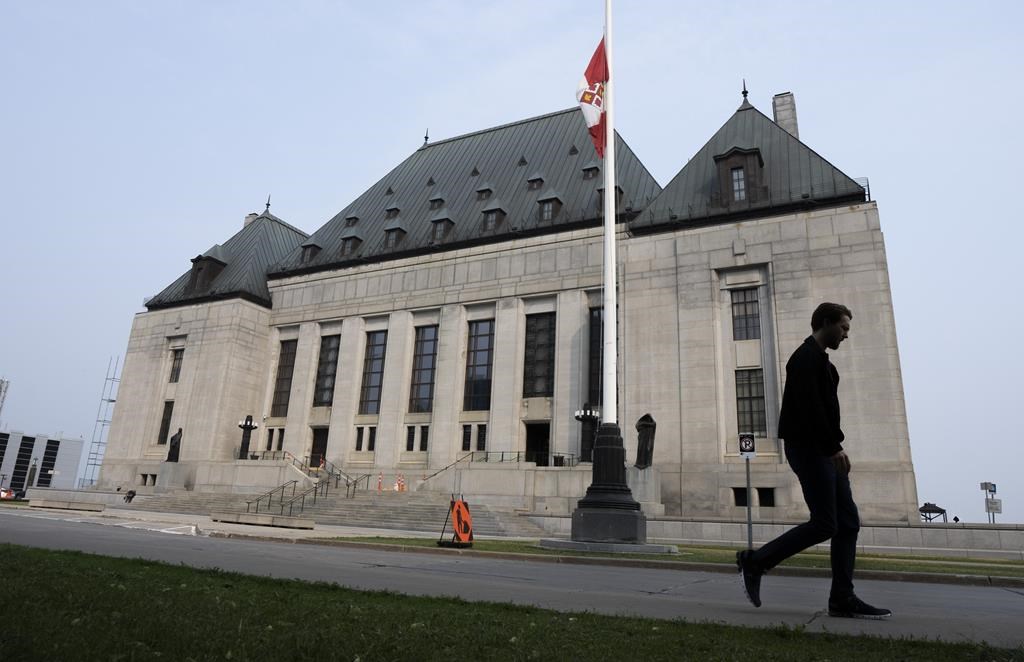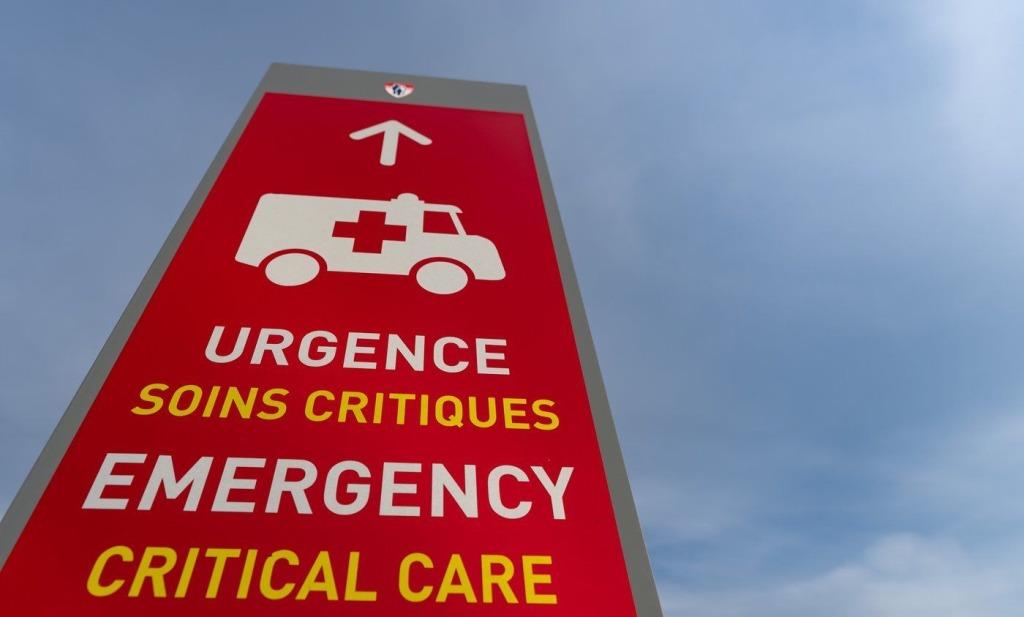Remembering those who died amid COVID-19: Quebec hits pandemic milestone
Posted May 2, 2022 3:06 pm.
Last Updated May 2, 2022 6:32 pm.
Quebec has reached another grim pandemic milestone – 15,000 deaths related to COVID-19 since the pandemic began.
Remembering those who passed – alone, isolated, separated from loved ones – is important. And experts say families who experienced these losses have had to grieve differently amid the ongoing pandemic.
“When your special person dies, whether it’s COVID or anything else, it’s not about the numbers. It’s not about this many people dying of cancer every year, if it’s your person then it’s not about the numbers. And the same with COVID,” explained Natalie Segall, Thanatologist, Loss and Grief Specialist.
Pandemic restrictions robbed many of paying tribute to those who died – limiting the number of people at funerals, to postponements of final farewells.
READ MORE: Quebec surpassed 15,000 COVID-19 deaths, hospitalizations and ICU numbers down
“Usually in times of trouble, we come together, we’re tribal. We gather in halls and churches and homes and with COVID, we could not. So it went against our natural instincts to come together. And that really did a number on our psychology.”
Jean-Marc Barreau, a University of Montreal professor conducted research on the impact of pandemic restrictions on the bereaved. The study found three common aspects that increased suffering – the absence of ritual, unable to see their loved one before burial or cremation and not having social support.
“The study led to revealing and updating the fact that the pandemic and all its sanitary measures had led to making mourning extremely complicated,” said Barreau through a translator.
University of Montreal study on the impact of pandemic restrictions on the bereaved
Barreau gave the example of the thousands who’ve been honouring the late hockey legend Guy Lafleur, saying this coming together helps people grieve.
“They were able to see each other. They were able to meet, they were able to talk to each other. During, the pandemic there wasn’t that,” said Barreau.
One doesn’t have to go through grief alone explained Segall, asking for help is important.
“I want to make it clear that there’s never any closure on grief. Okay. That would imply that we do something and then it’s over and that’s it. You have to understand that we love someone in real-time. So even if… they’ve been dead for 20 years, we still [love them]. My mother died 28 years ago. I love her right now,” she explained.
#WATCH: “Usually in times of trouble we come together,” says Natalie Segall, loss and grief specialist on how grieving for a loved one changed amid the pandemic, this as Quebec reached a grim milestone recently – 15,000 deaths related to COVID-19.
READ: https://t.co/LfTbDLZA9w pic.twitter.com/wyveMi6UGx
— CityNews Montreal (@CityNewsMTL) May 2, 2022
As for Barreau, he agrees, saying those who’ve had to mourn during the pandemic is a public health issue.
“Whatever our cultures, whatever our languages, I want to say that it is really important that we are together to help people who are suffering, because there is a lot of suffering behind that,” said Barreau.








